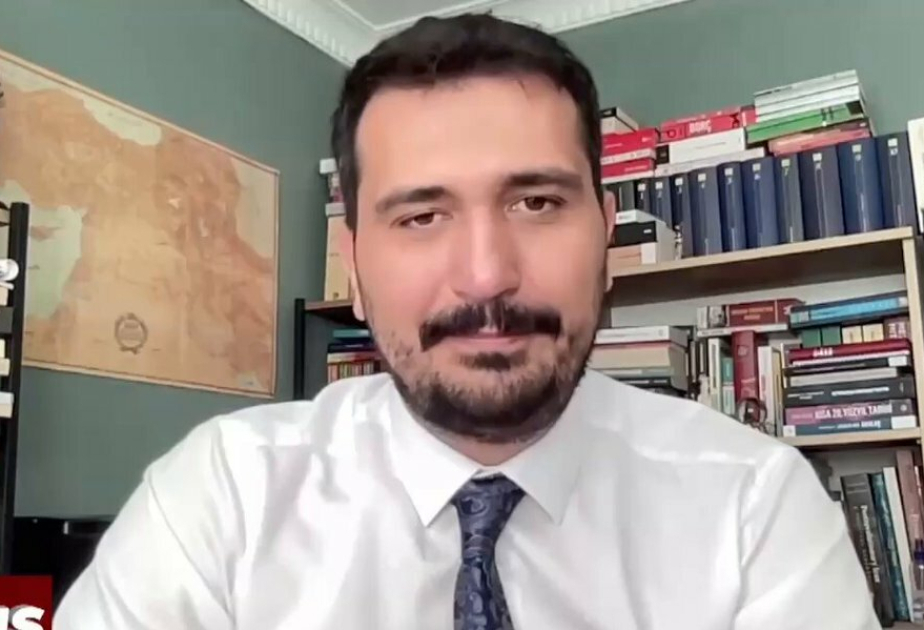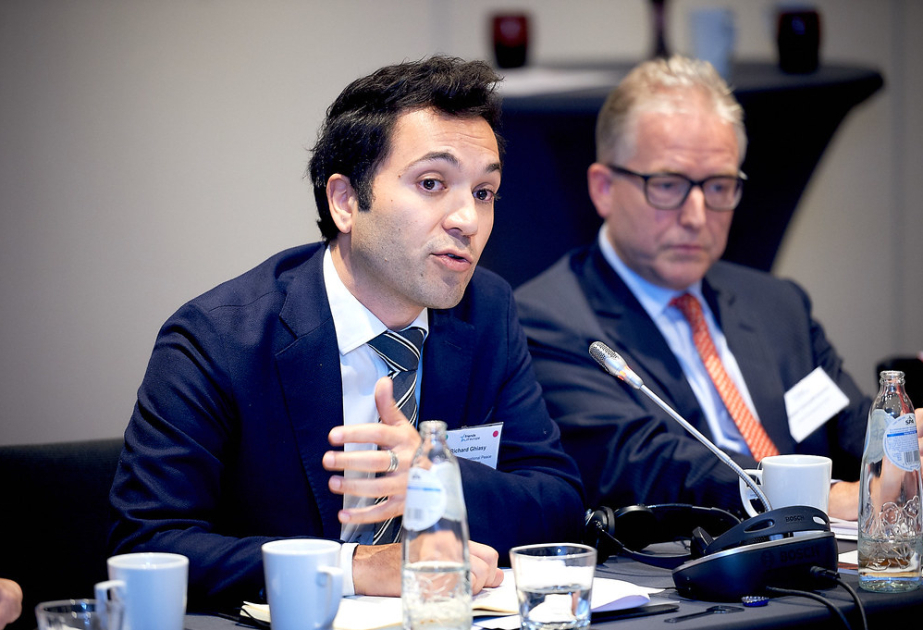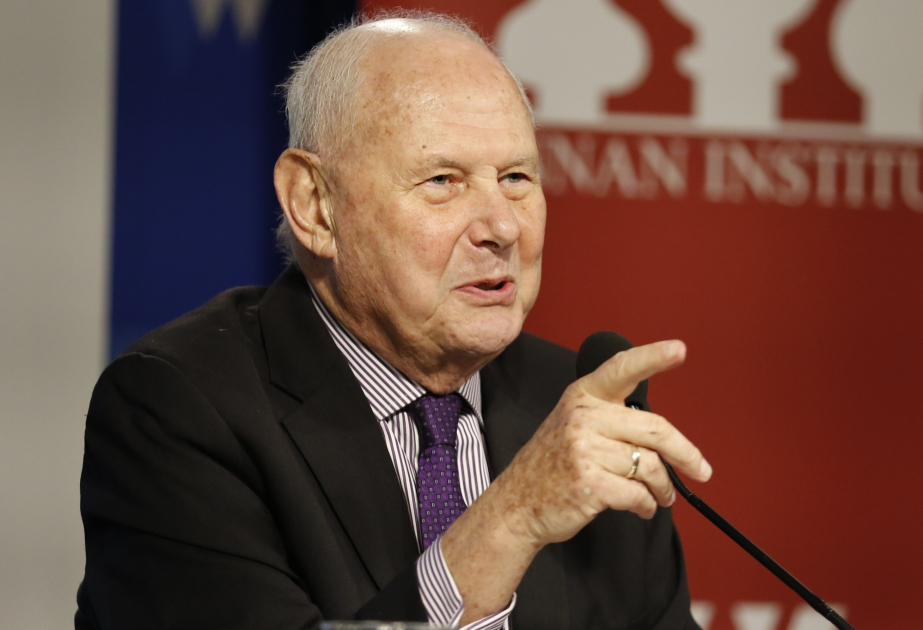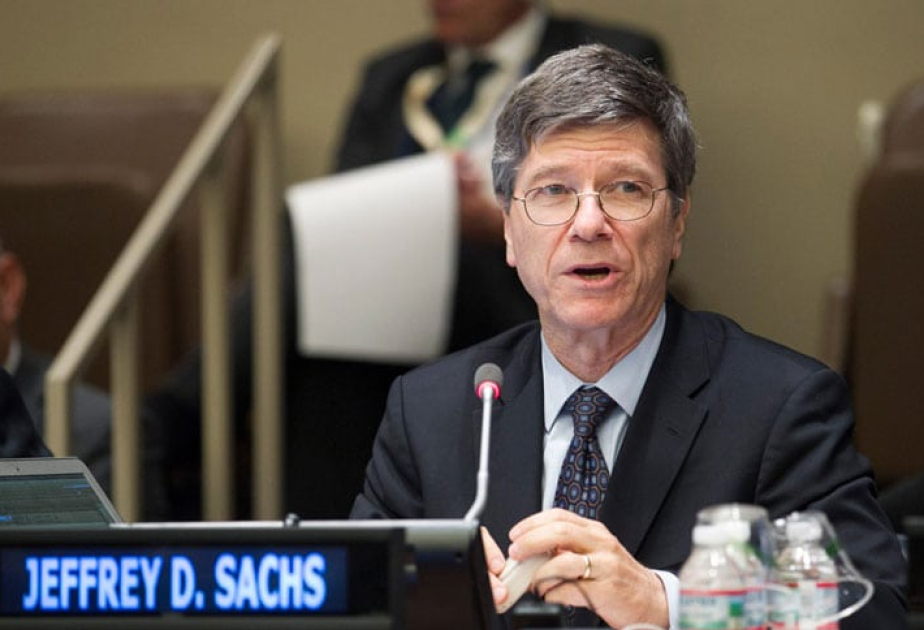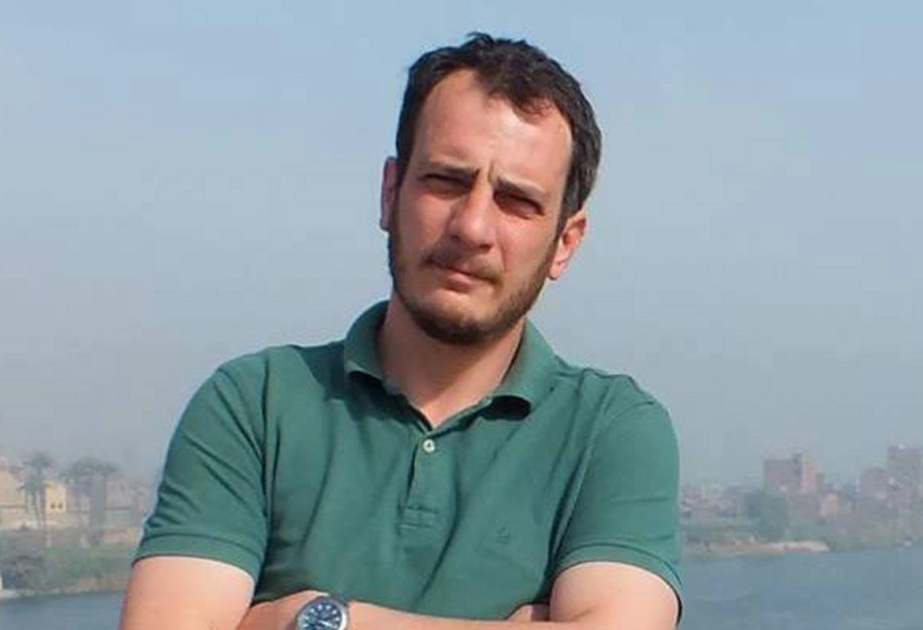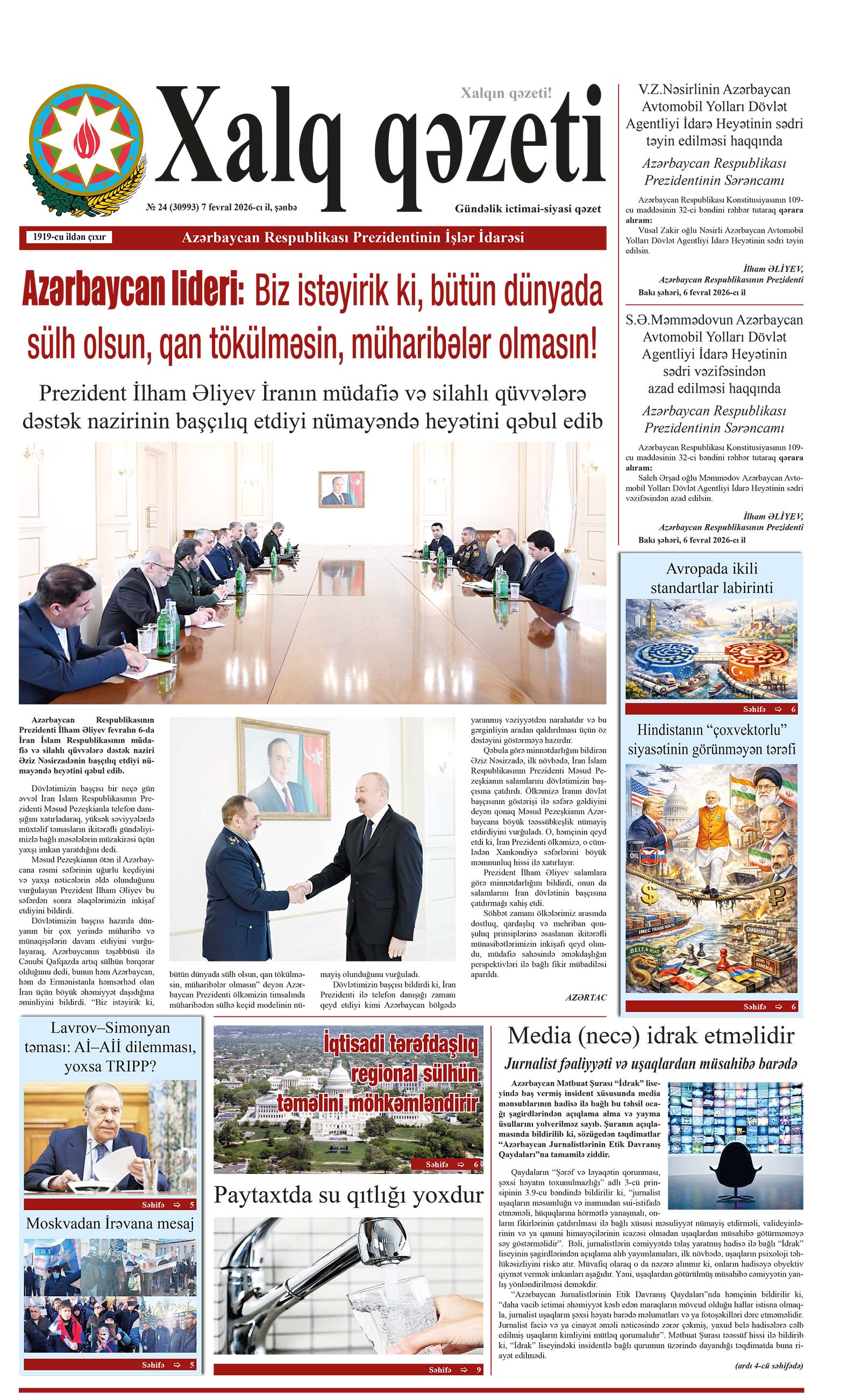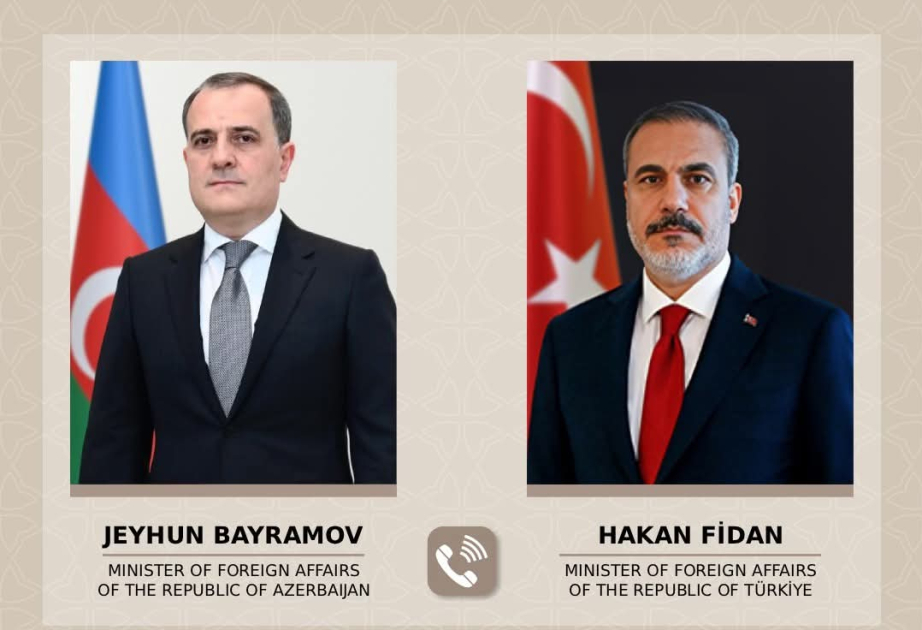News.Az interview with Valentina Chabert, an Italian geopolitical analyst.
- At a press conference in Paris, the Italian Minister of Foreign Affairs and International Cooperation, Edmondo Cirielli, responded to accusations made against Azerbaijan by the French Minister for Europe and Foreign Affairs, Stéphane Séjourné. Cirielli emphasized that the statements by his French counterpart could undermine efforts to achieve long-term stability in the region. He urged Séjourné to refrain from actions that could harm this goal, while expressing doubts about the objectivity and impartiality of France's position regarding Azerbaijan. How would you articulate your views on the notion that France adopts a biased stance, leaning towards one side in its approach to Azerbaijan?
- The comment of the Deputy Minister of Foreign Affairs of Italy regarding the scheduled meeting between the US, the EU, and Armenia reflects Italy’s stance toward the normalization process of bilateral relations between Armenia and Azerbaijan after the thirty-year war. The perception is that France might undermine the peace process efforts of the EU, which strives to establish itself as a reliable mediator in the South Caucasus. It is well-known that France-Armenia bilateral relations are historically strong, and the recent French support in terms of military equipment has been negatively perceived by Azerbaijan, which feels clearly threatened as peace has not yet been achieved in the region. Overall, individual countries acting independently for their national interests and not adhering to the broad European approach to fostering peace and dialogue between former belligerent countries in the South Caucasus lead to a fragmentation of the European strategy itself. The French stance toward Azerbaijan and the comment by the Italian Deputy Minister of Foreign Affairs exemplify this issue.
- How does the development of the Trans-Adriatic Pipeline (TAP) affect Italy's energy security and its strategic relations with Azerbaijan?
- The Trans-Adriatic Pipeline (TAP) stands among the pivotal elements of Italy-Azerbaijan relations, which are also enriched by cultural, educational, and economic ties. Azerbaijan significantly contributes to the energy security of Italy primarily, and Europe secondarily, especially following the Russian aggression against Ukraine and the subsequent sanctions levied against Moscow by the so-called "West". For this reason, in 2022, the EU signed an agreement with President Aliyev to increase gas exports to Europe from Azerbaijan, rendering the relations with Baku strategic. Given the location of the TAP, the relationship between Italy and Azerbaijan is likewise deemed strategic.
- In which specific areas of energy can Italy and Azerbaijan expand cooperation beyond the TAP project, considering the current global trends in renewable energy sources and carbon neutrality?
- Renewable energies and green energy projects are significant areas where cooperation between Italy and Azerbaijan could be enhanced. Given that Azerbaijan will host COP29, this event presents an opportunity to broaden discussions and establish new modes of cooperation. In my view, exporting renewable energy from Azerbaijan—set to invest in this sector and aiming to transform formerly occupied territories into "net-zero emissions areas"—would be advantageous for the country. It would provide an opportunity to access the EU market and diversify its economy simultaneously. On the flip side, Azerbaijan could support and directly contribute to Italy’s green transition projects.
- How has the trade turnover between Italy and Azerbaijan changed over the last five years, and which sectors have shown the most significant growth?
- Italy and Azerbaijan collaborate across various sectors, extending beyond energy, oil, and gas, as previously mentioned. Among these efforts, Italy contributes to Azerbaijan's demining initiatives and the reconstruction of liberated territories. Simultaneously, significant progress is being made in education: the Italy-Azerbaijan University project is beginning to yield results, particularly with substantial cooperation in agriculture. This collaboration not only facilitates a new exchange of expertise with Italian universities but also enables a considerable number of professors to travel to Azerbaijan, thereby promoting international mobility and inter-university cooperation.
- How does the impact of political relations between Italy and Azerbaijan reflect on the economic cooperation between the countries, particularly on investments and trade?
- Good relations between Italy and Azerbaijan positively impact investments and trade, with Azerbaijan viewed as a strategic partner. Political cooperation to achieve economic goals is active at the parliamentary level as well, with the Italy-Azerbaijan parliamentary friendship group playing a crucial role in fostering dialogue at this level.
- What are the potential obstacles or challenges to deepening relations between Italy and Azerbaijan, especially in the context of regional politics and international commitments?
- Aside from the national interests of Italy and Azerbaijan, it's essential to recognize that Italy operates within the context of the European Union. Given the EU's efforts to establish itself as a mediator in the peace process, any potential deterioration in relations between the EU and Azerbaijan could also impact bilateral relations. Therefore, maintaining a balanced and unbiased approach is crucial for achieving the goals of peace and regional stability. Indeed, as France's stance towards Armenia illustrates, tensions among European countries regarding their approach towards the South Caucasus could pose long-term obstacles.







